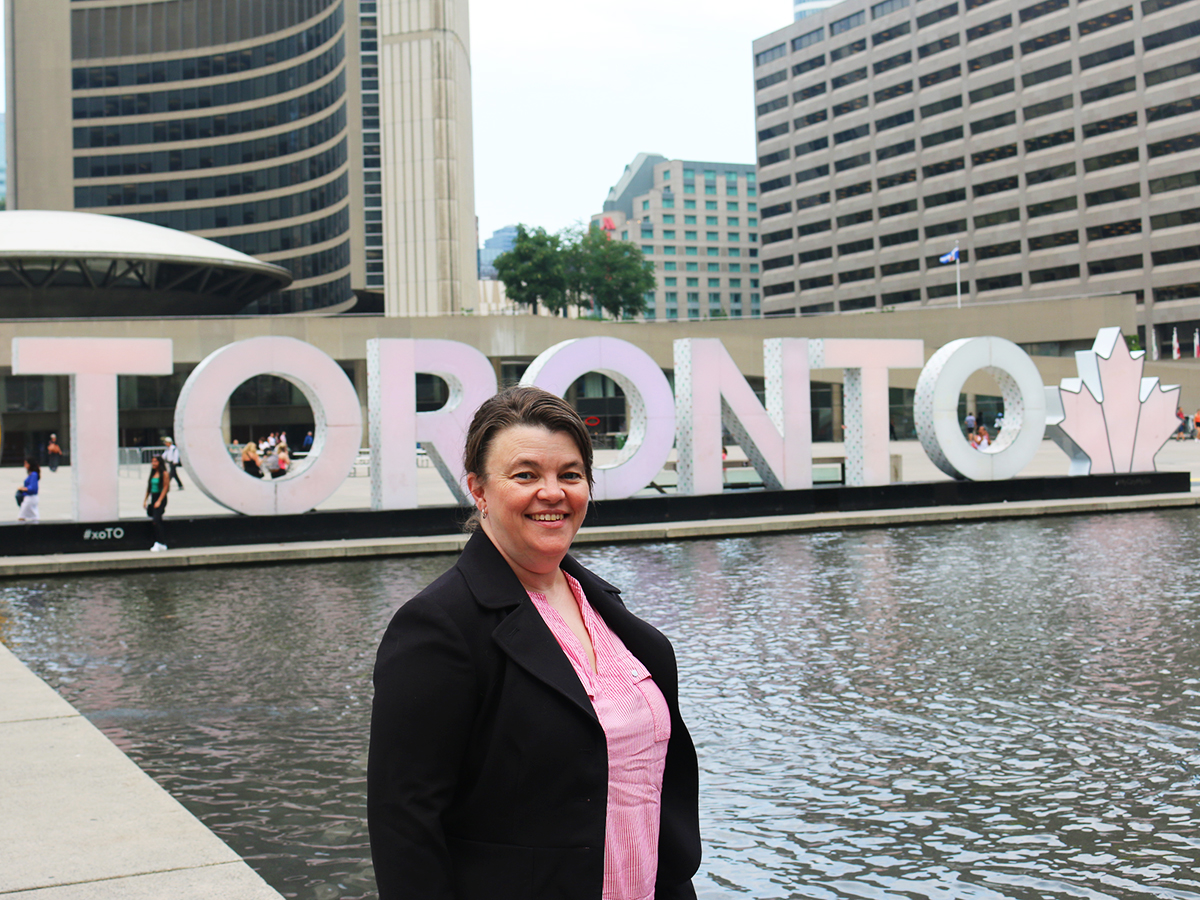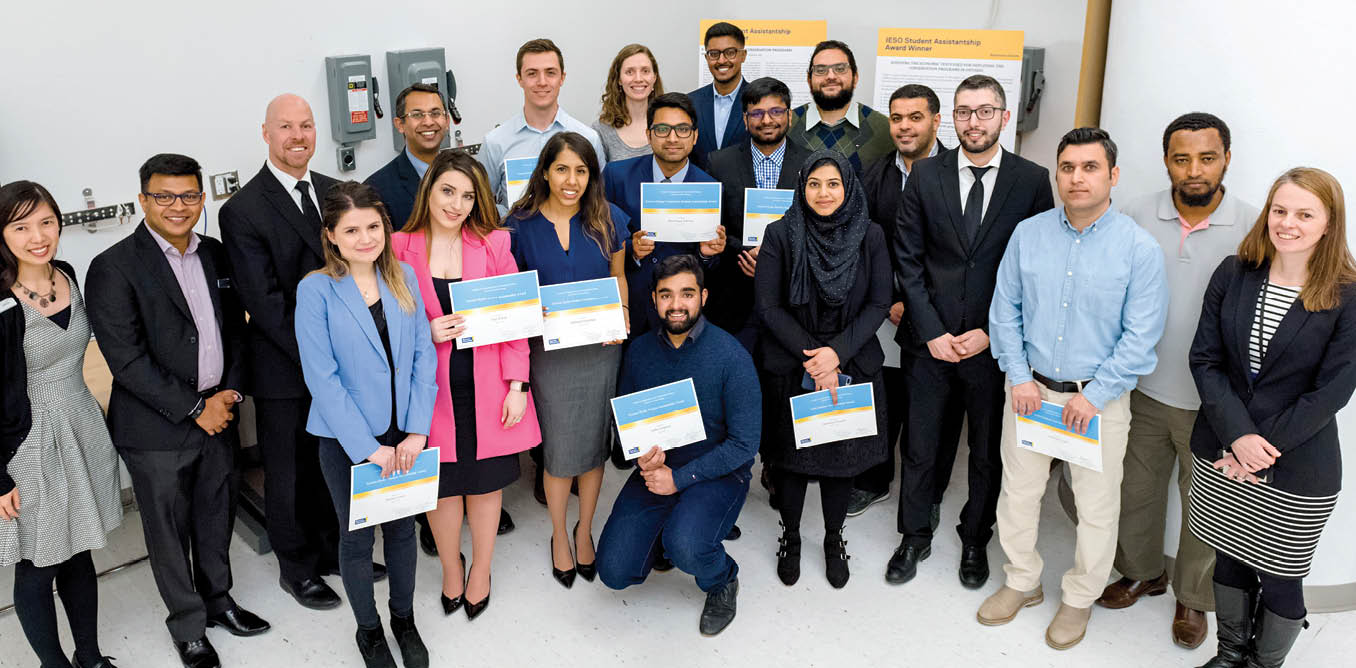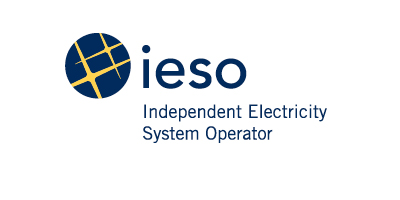The next generation of energy leaders

Between now and 2030, the Conference Board of Canada estimates that there will be a need for more than 150,000 workers per year to carry out the renewal and modernization of Canada's electricity system. These roles will require advanced technical and analytical skill sets. CUE's professional development programs, seminars and student award programs ensure a steady stream of top talent will be ready to thrive in a rapidly evolving sector.
Professional development opportunities that work for you
This seminar series introduces the fundamental concepts of electrical engineering to those without an engineering background looking to break into or advance their careers in the energy sector.
In cooperation with The G. Raymond Chang School of Continuing Education at Ryerson University, this certificate program enables adult learners to contribute effectively to energy management, conservation, sustainability, entrepreneurship and public policy.
The PMDip addresses the pressing need for qualified personnel in the energy sector by immersing participants in the relevant knowledge and skills required to excel as corporate officers, administrators, technicians and other leadership roles.
Spotlight: City of Toronto employee uses PMDip to leap into the energy sector
Catherine Cook is a research analyst with the City of Toronto’s environment and energy division and a 2017 graduate of CUE’s PMDip program. Catherine was looking for an opportunity to expand her skill set and make a move into the energy sector. With industry leaders teaching PMDip courses, the program was an evident choice. “What I learned is directly applicable to what I do at the City now,” she says.


Student awards
Made possible by our generous sponsors, CUE’s student awards recognize Ryerson students who identify real-world industry problems, research and design solutions, and demonstrate results.


Enwave provides $20,000 in funding per year to support new, innovative ideas for urban energy products, inventions and technologies.

Students receive an assistantship award of up to $5,000 per term and report to one of the IESO research fellows across three streams: conservation, community energy planning and energy storage.

Toronto Hydro provides $10,000 per year to enable new, innovative ideas for products, inventions and technologies relevant to urban energy challenges.